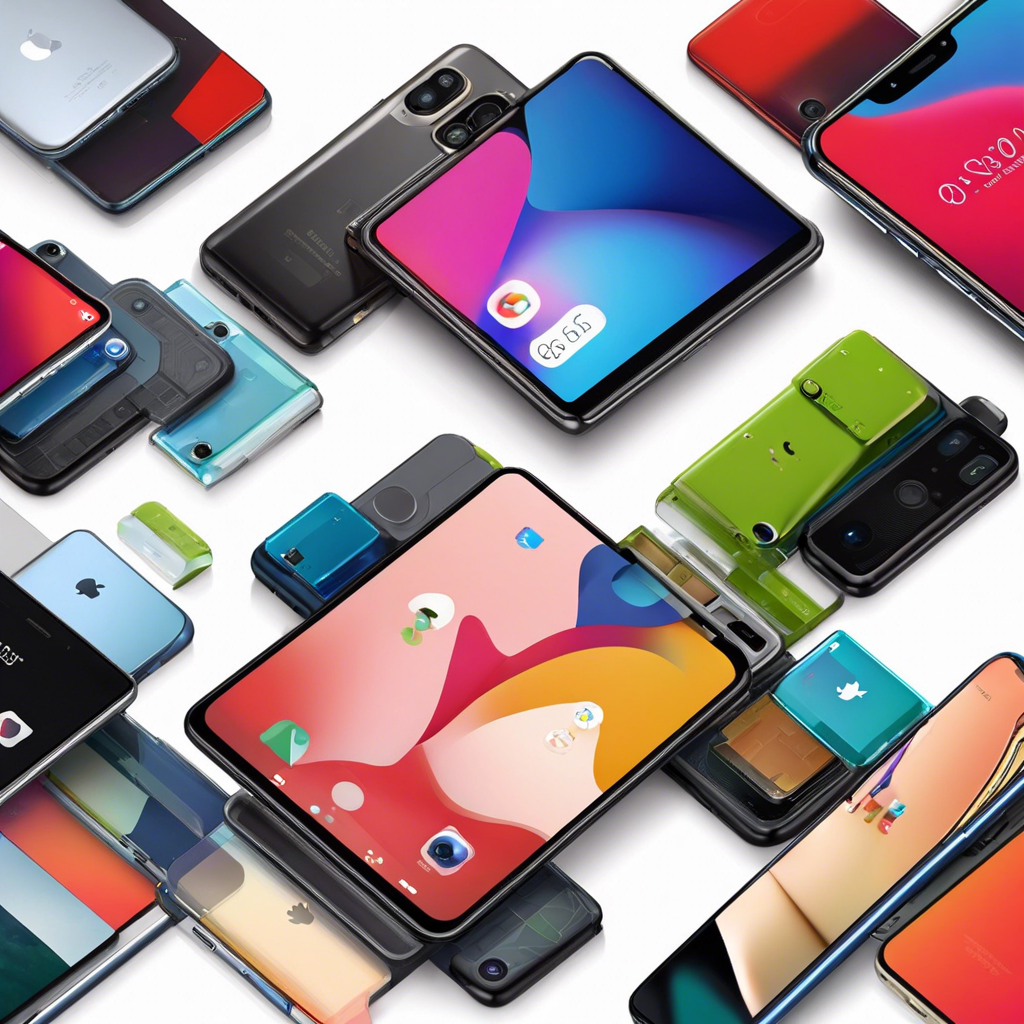The age-old question of which smartphone operating system reigns supreme has sparked countless debates and passionate arguments among tech enthusiasts worldwide. It’s a classic showdown between Android and iOS, and the battle for dominance continues to rage on. With constant innovations and updates, the competition remains fierce as ever, leaving consumers with the challenging decision of choosing a side. So, let’s delve into the heart of this tech rivalry and uncover the strengths and weaknesses of these smartphone powerhouses.
Android, backed by Google, boasts unparalleled customization and flexibility. The platform offers a vast array of devices, catering to diverse tastes and budgets. From sleek flagships to affordable options, Android ensures accessibility and choice. The operating system shines with its open-source nature, granting users the freedom to tweak and modify their devices to their hearts’ content. Want a different keyboard? Need a unique homescreen layout? Android has you covered. This level of customization empowers users to create a unique mobile experience that mirrors their personal preferences. Furthermore, Android’s compatibility with various third-party services and apps gives users even more options to personalize their devices.
However, this openness can sometimes lead to fragmentation, with various versions of the operating system running on different devices, causing compatibility issues and delaying updates. Despite this challenge, Android remains a powerhouse, continuously evolving and improving with each new release. The platform’s adaptability and extensive customization options solidify its position as a force to be reckoned with in the smartphone arena.
On the other hand, iOS, developed by Apple, presents a cohesive and streamlined ecosystem. With a focus on simplicity and elegance, iOS offers a user-friendly experience that has become synonymous with the Apple brand. One of its key strengths lies in its integration with other Apple devices and services. For loyal Apple users, this seamless synchronization across devices is incredibly appealing. From smoothly transferring files between devices to utilizing iMessage and FaceTime across platforms, iOS ensures a cohesive and familiar user experience.
iOS also takes the crown when it comes to security and privacy. With a stringent app review process and robust encryption, Apple ensures that users are protected from malware and privacy breaches. The App Store is highly curated, giving users confidence that the apps they download have been thoroughly vetted. While this tightly controlled environment may limit customization options, it provides peace of mind and a sense of security that is invaluable to many users.
In the end, the Android vs. iOS debate ultimately comes down to personal preference. Both operating systems offer unique advantages, and the decision rests on the user’s priorities, tastes, and existing ecosystem of devices. While Android champions customization and flexibility, iOS emphasizes simplicity, seamless integration, and security. The smartphone showdown rages on, and with constant innovations from both tech giants, consumers will continue to benefit from the competition, enjoying ever-improving features and experiences. It’s a dynamic rivalry that shapes the mobile landscape, keeping users eager for the next big reveal and the chance to declare their allegiance once more.
As the battle unfolds, consumers are left with a wealth of choices, empowering them to select the smartphone experience that best suits their lifestyles and needs. The competition fuels innovation, ensuring that both Android and iOS continue to push the boundaries of what a smartphone can do. So, whether you’re team Android or team iOS, the ongoing showdown promises exciting developments and a bright future for mobile technology. May the best operating system win, or perhaps, may the consumers win, as they ultimately hold the power to choose their favorite.
